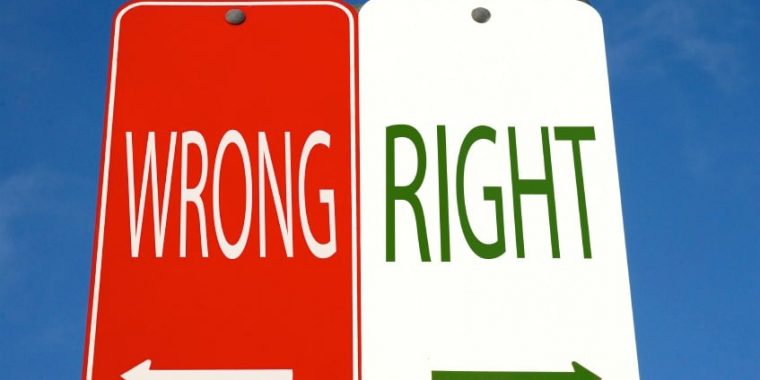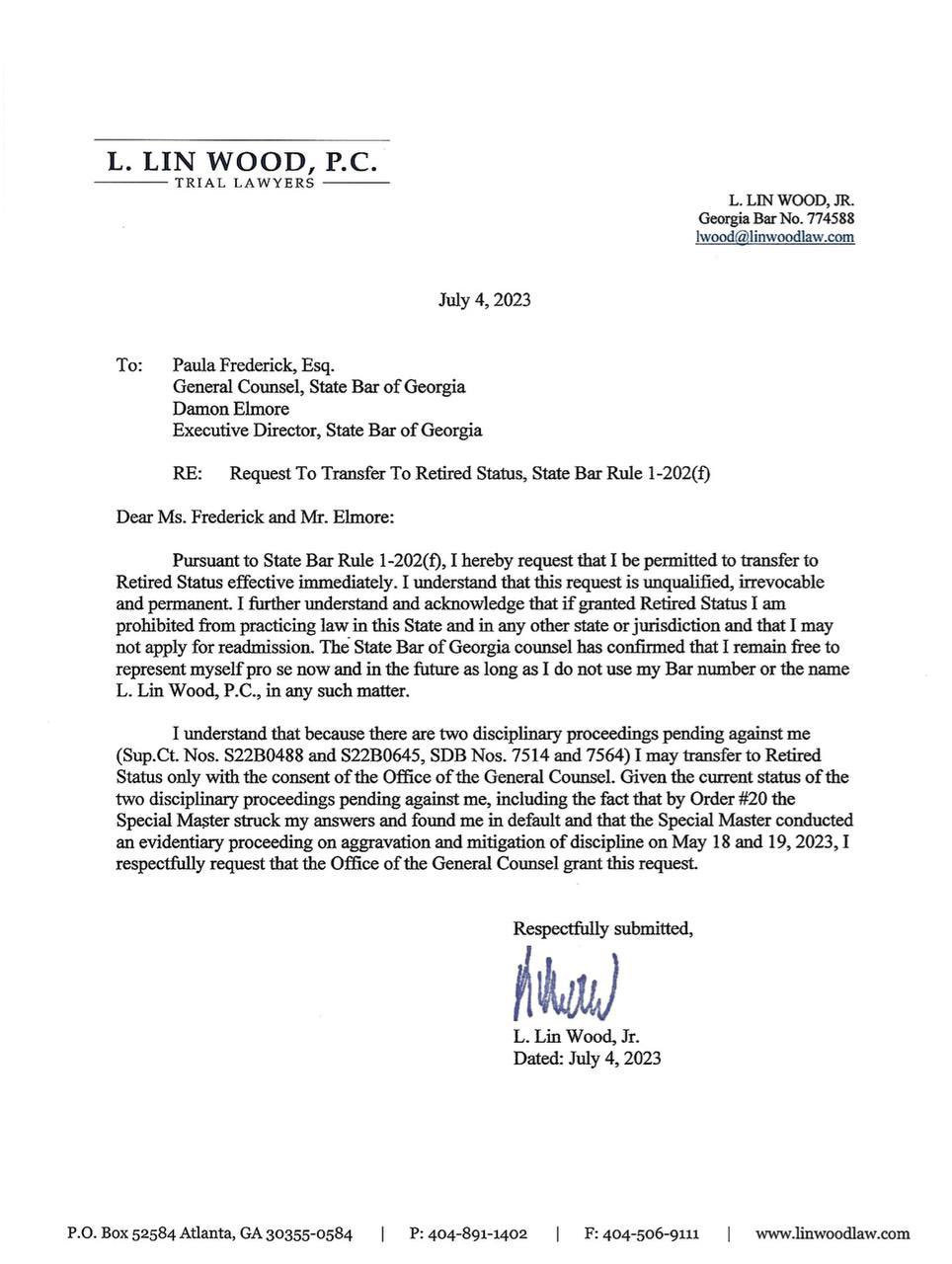In
a
decision
that
should
have
only
surprised
the
chronically
uninformed,
the
Supreme
Court
ruled
affirmative
action
for
colleges
and
universities
unconstitutional.
Except
for
use
in
military
academies,
of
course.
Affirmative
action
is
a
blight
on
the
reputation
of
students
and
the
constitution
at
most
schools,
but
key
to
national
security
at
West
Point
—
go
figure.
Two
responses
piqued
interest.
The
first
was
Harvard’s
promise
to
follow
the
cases’
outcome
to
a
T
that
reads
much
like
an
up
yours
to
the
Supreme
Court.
The
second,
also
implicating
Harvard,
is
a
lawsuit
arguing
against
the
constitutionality
of
legacy
admission
programs
in
higher
ed.
From
CNN:
Three
minority
advocacy
groups
are
suing
Harvard
University’s
governing
body,
accusing
the
school
of
discrimination
by
giving
preferential
treatment
to
children
of
wealthy
donors
and
alumni,
and
are
citing
the
recent
US
Supreme
Court
ruling
that
gutted
affirmative
action
to
bolster
their
lawsuit.
Legacy
admissions
being
a
preferential
program
is
very
obvious.
For
example,
Harvard
began
admitting
(white)
students
in
1636.
It
admitted
its
first
Black
undergraduate
in
1847.
As
one
would
expect,
giving
white
students
a
211-year
head
start
on
access
to
legacy
admissions
would
be
disproportionately
beneficial
to
White
folks,
and
this
is
before
you
factor
in
what
looks
like
Harvard’s
less
than
racially
equitable
“recruit
to
reject”
scheme
that
makes
it
look
like
they’re
doing
an
amazing
job
searching
for
Black
talent
while
still
keeping
up
their
hard-t-
enter
reputation.
Back
to
CNN:
The
lawsuit,
filed
by
the
Lawyers
for
Civil
Rights
group
on
behalf
of
the
Chica
Project,
the
African
Community
Economic
Development
of
New
England,
and
the
Greater
Boston
Latino
Network,
alleges
the
students
who
receive
that
preferential
treatment
are
“overwhelmingly
White,”
and
make
up
as
much
as
15%
of
admitted
students.“This
preferential
treatment
has
nothing
to
do
with
an
applicant’s
merit.
Instead,
it
is
an
unfair
and
unearned
benefit
that
is
conferred
solely
based
on
the
family
that
the
applicant
is
born
into,”
Lawyers
for
Civil
Rights
said
in
a
news
release.
“This
custom,
pattern,
and
practice
is
exclusionary
and
discriminatory.
It
severely
disadvantages
and
harms
applicants
of
color.”
It
is
true
that
white
applicants
aren’t
the
only
ones
that
benefit
from
legacy
admissions.
That
said,
it’s
hard
to
not
think
of
it
as
a
white
program
when
a
whopping
70%
of
Harvard’s
legacy
admissions
are
white.
Affirmative
action
is
heavily
thought
of
as
a
racial
program
associated
with
Black
applicants
and
they
aren’t
even
the
largest
benefactors
—
that
honor
goes
to
white
women.
And
while
the
reasoning
of
the
Harvard
and
North
Carolina
cases
was
framed
as
a
conflict
between
unworthy
Blacks
being
admitted
instead
of
more
worthy
Asian
applicants,
it
is
going
to
be
much
harder
for
attorneys
to
pit
minorities
against
each
other
a
la
Ilya
Shapiro
suggesting
Sri
Srinivasan
over
Ketanji
Brown
Jackson
if
and
when
the
Court
hears
the
case
against
legacy
admissions.
If,
through
disparate
impact
or
some
other
line
of
argument
attorneys
can
prove
that
legacy
admissions
are
racial
by
proxy,
the
Harvard
opinion
will
be
ripe
with
opportunities
to
run
palimpsest
argumentation
with
Roberts’s
reasoning
in
the
affirmative
action
case.
For
example:
Respondents’
race-based
admissions
systems
also
fail
to
comply
with
the
Equal
Protection
Clause’s
twin
commands
that
race
may
never
be
used
as
a
“negative”
and
that
it
may
not
operate
as
a
stereotype…College
admissions
are
zero-sum,
and
a
benefit
provided
to
some
applicants
but
not
to
others
necessarily
advantages
the
former
at
the
expense
of
the
latter.
It
is
difficult
to
read
the
zero
sum
claim
and
not
see
glaring
similarities
with
legacy
admissions.
From
ABC
News:
A
2019
National
Bureau
of
Economic
Research
study
of
publicly
released
reports
from
Harvard
University
found
that
almost
half
of
the
university’s
white
students
were
recruited
athletes,
related
to
alumni,
children
of
faculty
and
staff
or
were
“of
special
importance
to
the
dean
of
admissions.”Less
than
16%
of
African
American,
Asian
American
and
Hispanic
students
at
Harvard
fall
into
these
categories,
according
to
the
study.
Almost
half?!
So
much
for
only
looking
at
scholastic
merit!
Looking
at
the
data,
these
white
students
need
to
be
relieved
of
the
burden
of
legacy
admissions
for
their
own
sake,
what
with
the
demeaning
assumptions
that
necessarily
go
in
to
race
based
selections.
Again,
from
the
opinion:
Respondents
admissions
programs
are
infirm
for
a
second
reason
as
well:
They
require
stereotyping—the
very
thing
Grutter
foreswore.
When
a
university
admits
students
“on
the
basis
of
race,
it
engages
in
the
offensive
and
demeaning
assumption
that
[students]
of
a
particular
race,
because
of
their
race,
think
alike.”
Miller
v.
Johnson,
515
U.
S.
900,
911–912.
Such
stereotyping
is
contrary
to
the
“core
purpose”
of
the
Equal
Protection
Clause.
Palmore,
466
U.
S.,
at
432.
Pp.
26–29.
You
could
also
apply
Roberts’s
reasoning
against
the
indefinite
character
of
affirmative
action
acceptances
to
legacy
admissions.
Surely
admitting
the
descendants
of
prior
white
attendees
lacks
a
“logical
end
point”
as
Grutter
requires.
Who,
if
not
the
Supreme
Court,
will
save
these
applicants
from
the
shame
of
knowing
that
nearly
half
of
Harvard’s
white
student
body
is
resting
on
their
parents’
(or
their
parents’
parents’)
laurels
or
extracurricular
happenstance?
As
the
case
moves
up
the
court
tiers,
it
will
ultimately
have
to
overcome
the
barrier
of
four
justices
voting
to
accept
it.
Staunch
advocates
of
the
14th
Amendment
that
they
are,
I
look
forward
to
both
Thomas’s
and
Roberts’s
votes
to
hear
the
case
and
their
strongly
worded
opinions
on
how
detrimental
legacy
admissions
are
to
those
poor
white
students
who
have
never
really
known
if
they
got
in
to
Harvard
on
their
own
merit
or
because
they
share
a
last
name
with
the
dining
hall.
Lawsuit
Alleges
Harvard
Gives
Preferential
Treatment
To
Legacy
Admissions,
Who
Are
‘Overwhelmingly’
White
[CNN]
Legacy
College
Admissions
Under
Scrutiny
Following
SCOTUS
Ruling
[ABC
News]
Earlier:
The
Affirmative
Action
Cases
Went
About
As
Well
As
You’d
Expect
Them
To.
What
Now?
 Chris
Chris
Williams
became
a
social
media
manager
and
assistant
editor
for
Above
the
Law
in
June
2021.
Prior
to
joining
the
staff,
he
moonlighted
as
a
minor
Memelord™
in
the
Facebook
group Law
School
Memes
for
Edgy
T14s.
He
endured
Missouri
long
enough
to
graduate
from
Washington
University
in
St.
Louis
School
of
Law.
He
is
a
former
boatbuilder
who
cannot
swim, a
published
author
on
critical
race
theory,
philosophy,
and
humor,
and
has
a
love
for
cycling
that
occasionally
annoys
his
peers.
You
can
reach
him
by
email
at cwilliams@abovethelaw.com and
by
tweet
at @WritesForRent.


















